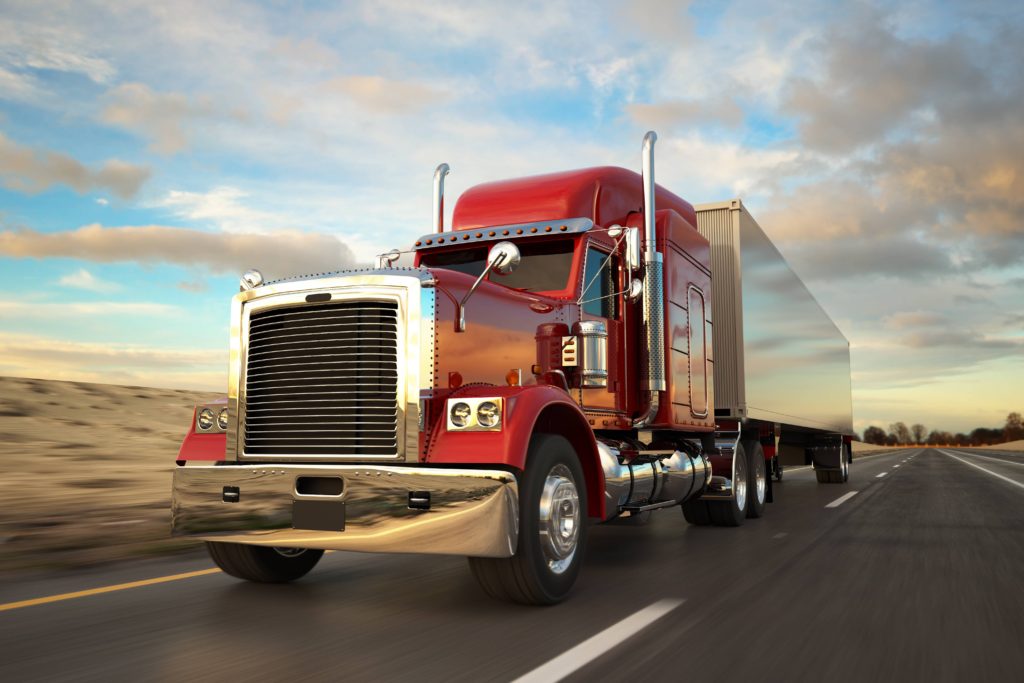 Full truckload shipping, or FTL freight shipping, is an ideal option for most businesses that tend to have large shipments to send out. The transport sector can accommodate both FTL and less than truckload freight. The key difference is that FTL shipping requires dedicating an entire truck to shipping a single cargo load, while LTL shipping allows multiple shipments from different customers to share space in the same vehicle.
Full truckload shipping, or FTL freight shipping, is an ideal option for most businesses that tend to have large shipments to send out. The transport sector can accommodate both FTL and less than truckload freight. The key difference is that FTL shipping requires dedicating an entire truck to shipping a single cargo load, while LTL shipping allows multiple shipments from different customers to share space in the same vehicle.
While LTL is popular for often being more affordable as the shared space translates into shared cost between the customers, FTL has several key advantages that make it preferable if a customer has enough cargo that can fill or almost fill a single truck.
Speed
Though LTL freight is typically sent in the same direction, the final destinations and pick-up locations may vary along the way. This means the driver has to make multiple stops along the way to load up cargo from the different customers and make more stops for delivery.
Depending on where along the transit your business’s pick up and delivery locations are, it can take a long while for the freight to arrive at its desired destination. Not to mention that due to weight concerns and how much space is left for maneuvering cargo in and out of the truck, more time may need to be spent on loading up and unloading the vehicle.
On the other hand, when handling FTL cargo, there is only one customer and one delivery destination to be concerned about. Loading and unloading an FTL freight carrier can be more quickly done, with faster transit time as there are no stops to make along the way.
Safety
Every time a truck has to make stops to load and unload cargo, safety becomes an issue. There is an increased risk of damage to cargo due to more frequent handling and more opportunities for theft to occur. It also becomes difficult to question the movement of a truck when you know it has to keep making stops along the way. With an FTL freight carrier, there is essentially a straight line between the pick-up location and drop-off point, with no stops along the way. This makes it easy to track your freight’s movement remotely and hold the driver accountable. With no stops, there is also less risk of damage or theft.
Cost
Though LTL is usually more affordable than FTL for smaller shipments, FTL can be a better deal when it comes to large shipments that can fill an entire truck. Not having to make stops can reduce travel time and consequently fuel costs associated with FTL shipments. With some comparison shopping, you can find good deals that will reduce your shipping costs on FTL freight.
